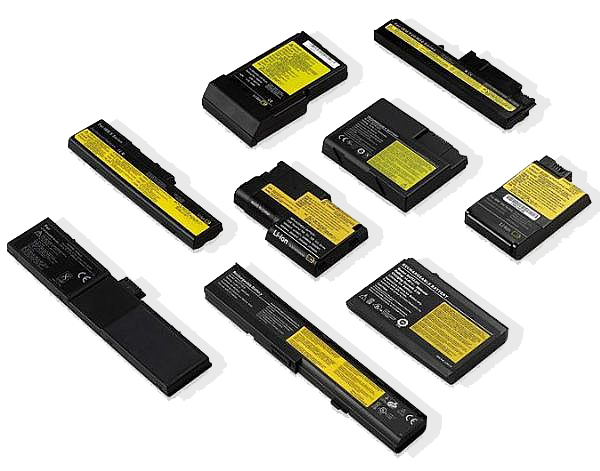How to maintenance Laptop battery. Is your laptop battery sick? Here is the solution.
Laptop usage is on the rise these days and one of the major problems they face is battery-related issues. These include issues such as rapid battery discharge, not charging, and not showing the correct battery levels even when charged.
Battery power
Today, the capacity of the batteries in laptops, tabs, and smartphones is measured in watts (w / h). In addition, battery capacity is measured in 'ampere-hours' (A / h).
Depending on the screen, the resolution of the screen, the processor GPU, etc., the way the battery power will definitely change. Moreover, even on two similar laptops, the amount of power consumed varies depending on the software, power settings, and other factors that run it.
Battery life
Li-ion (lithium-ion) batteries, which have a higher capacity than older NiCd (nickel-cadmium) batteries, are now included in all laptops, tabs, and smartphones. The uniqueness of these batteries is that they can be designed to be very thin with a high capacity.
The downside is that Li-ion batteries useless life. It is also important to know that battery life will go down when they are not in use.
The main problem with a Li-ion battery is that using it until the battery is fully discharged can shorten the life of the battery. According to reports, the battery can be fully discharged and recharged 300 times at about 25% of full capacity. Therefore, the recommended charge for NiCd batteries does not fully apply to Li-ion batteries when fully charged. Li-ion batteries need to be fully charged before they can be fully discharged for longer life.
NiCd batteries are now banned because cadmium is a toxic chemical and only Li-ion is currently available on the market.
Another barrier that shortens battery life is heating. Tests show that battery life drops by 20% when exposed to 25 C throughout the year. Unfortunately, current laptops and tabs (especially ultrabook computers) are so small that there is very little air circulation inside. Therefore, overheating of an entire laptop computer is unavoidable. There is no solution other than using a cooler pad and keeping it in a cool environment.
Even if a Li-ion battery is removed from the device, the power will be reduced. It has been revealed that this is a high capacity loss of around 5% to 10% per month and it is unfortunate that your battery is completely drained or removed from the device with a low charge. It is also possible that the battery will not be able to recharge due to low power consumption when the battery is discharged with low capacity. Therefore, when removing the battery, it is best to fully charge it and store it in a cool place in a waterproof cover.
For longer battery life ...
Generally, anyone wants to get the most out of their laptop, tab, or smartphone battery. If your computer is thinner than the new model, you may not have the option to replace the battery. So it will be very important for you to know how to save battery and get the most out of it.
The first step is to edit the power setting of your computer through the power saver in Windows and the power saver in Mac OS. This allows you to control the brightness of the screen, reduce the speed at which the hard disk spins, hibernate, and sleep when the computer is idle for a while.
The first effective solution is to keep the screen bright when running on battery power and not on household electricity. This is because LCDs are high power-consuming devices. Most laptops are set to automatically dim the screen as soon as the external power is turned off.
Another energy consuming device is a computer processor. When running on battery power, the battery can be drained heavily by running unwanted background software and software that uses a large amount of processor.
Large 3D games also affect the battery when it is running on battery power. That's because the computer's GPU is activated. Turning off Bluetooth and Wi-Fi, unplugging USB-connected devices, and removing CDs from the optical drive are just some of the ways to get longer battery life. Lastly, by allowing the laptop to hibernate instead of sleeping, it can also have a longer battery life.
Overall, it is clear that the following actions can give your battery a longer life and longer service life.
- Prevent the battery from fully discharging.
- Protect from heat.
- Reduce screen brightness when disconnected.
- Use of loose software.
- Wireless and external USB disconnection.






Valuble post
ReplyDeleteGreat one !!
ReplyDelete